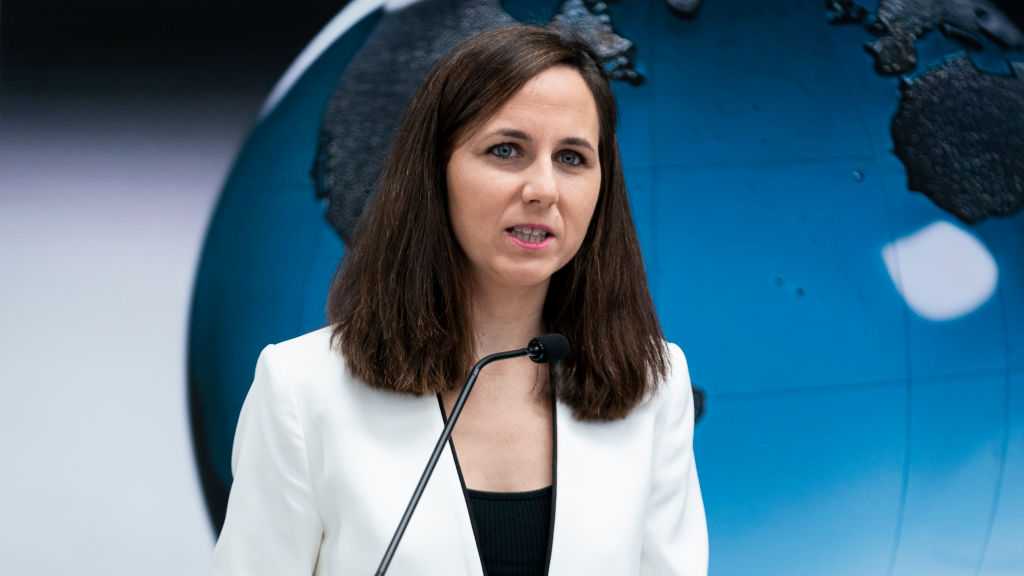
Germany to Beef up Counter-Espionage against US, Western Allies

Local Editor
Following decades of a heavily subdued program, Germany is planning to resume counter-espionage against both the US and other Western allies in response to ongoing revelations surrounding NSA's global surveillance practices, Der Spiegel reports.
 Another primary motivation for the resumption of surveillance is US reluctance to agree to a no-mutual-spying treaty desired by Germany, the reports suggests.
Another primary motivation for the resumption of surveillance is US reluctance to agree to a no-mutual-spying treaty desired by Germany, the reports suggests.
The beefed up program will include more active tracking of US agents operating within Germany's borders. British embassies - as well as those of the US - could also be targeted, according to the report.
"This step would be an about-face from the decades-long practice of systematically monitoring the activities of countries such as China, Russia and North Korea but rarely the activities of Western partners," read Spiegel's assessment of the situation.
One of the revelations considered to be most serious was the fact that the US was monitoring a non-governmental cell phone used by German Chancellor Angela Merkel.
According to the files leaked by Edward Snowden, the German Chancellor's mobile phone has been on an NSA target list since 2002 and was codenamed "GE Chancellor Merkel." Surveillance and communication equipment installed on the roofs of both the US and British embassies in the capital was also deeply criticized.
Head of the German domestic intelligence service, the Bundesamt für Verfassungsschutz [BfV], Hans-Georg Maassen suggested last November that active operations may be stepped up in the wake of the news. Germany was required to "adjust counter-espionage and take a 360-degree view," according to Maassen.
In January, Germany called for less rhetoric and more action in the wake of President Obama's pledge to stop spying on world leaders. While the announcement was greeted with optimism, politicians said it had been "too little, from a German point of view."
Mere days afterwards, former NSA contractor and whistleblower Edward Snowden chose the German ARD broadcaster to give his first TV interview, stating that: "There is no question that the US is engaged in economic spying."
Clemens Binninger, part of Merkel's Christian Democrats party, said that in regards to the discrepancies between countries surveyed, Germany needs to "cease the differentiation and treat them all the same way."
Chancellor Merkel said on Saturday in her weekly podcast that herself and French President Francois Hollande would review plans to build up a trustworthy data protection network in Europe.
She aired her disapproval of companies such as Google and Facebook, basing their operations in countries with low levels of data protection, while in reality being active in countries with high data protection.
"Above all, we'll talk about European providers that offer security for our citizens, so that one shouldn't have to send emails and other information across the Atlantic. Rather, one could build up a communication network inside Europe," she said.
In the wake of the revelations about US global spying activities, Merkel has become one of the biggest supporters of greater data protection making it mandatory for ministers to use encryption on their phones to secure their communications against intrusion.
However, before the new counter-intelligence plan comes into effect, an agreement must be reached between Merkel‘s office, the Interior Ministry and the Foreign Ministry, Der Spiegel reports.
Source: News Agencies, Edited by website team



